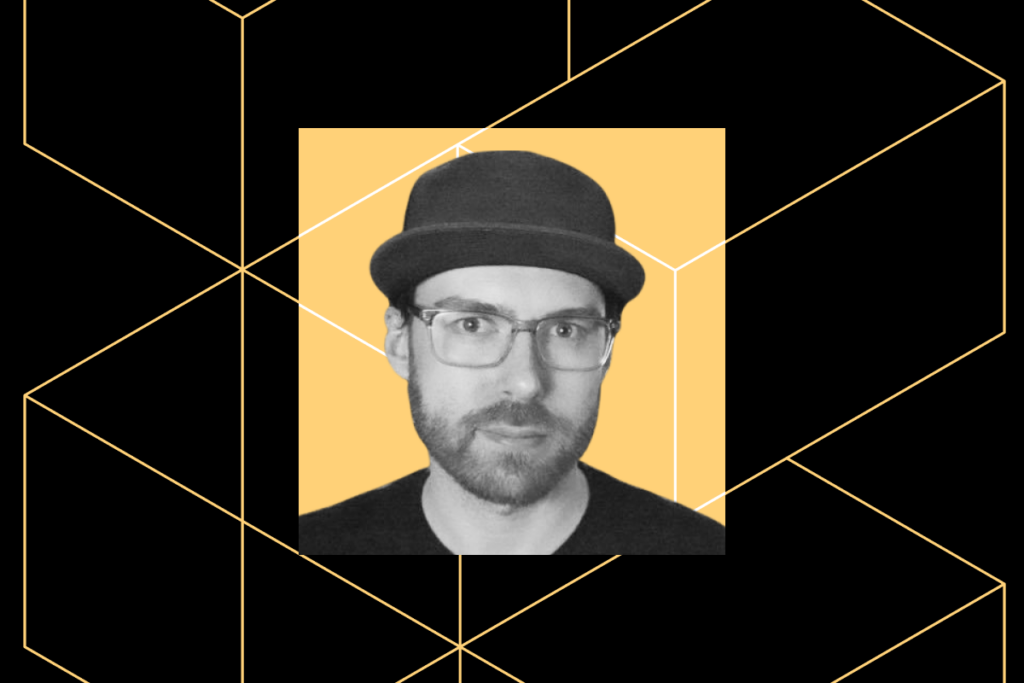Advancing the future of the internet with the ‘Photoshop of software’

More than ever, we need a movement to ensure the internet remains a force for good. The Mozilla Internet Ecosystem (MIECO) program fuels this movement by supporting people who are looking to advance a more human-centered internet. With MIECO, Mozilla is looking to foster a new era of internet innovation that moves away from “fast and breaking things” and into a more purposeful, collaborative effort that includes voices and perspectives from many different companies and organizations.
This week we’re highlighting Jeff Lindsay, a self-proclaimed “rogue software engineer” who’s working to build the Photoshop of software at his company Progrium.
Jeff Lindsay has been shaking things up in Silicon Valley for the last two decades.
In the 2000s, he helped start SuperHappyDevHouse, a series of large parties for laptop-toting hackers to “work on whatever they feel like working on,” as his co-founder David Weekly once described it.
Jeff went on to develop a reputation for his ability to build things quickly while freelancing across the Bay Area. While working at a NASA research center in Mountain View, he was involved in developing OpenStack, an open source version of Amazon’s cloud service. Jeff also helped design and prototype the software Docker, which has become a billion-dollar company that creates productivity tools. He coined and pioneered webhooks, a standard way to create app integrations and plugins. Over the years, developers widely adopted his open source tools and libraries.
Now, in collaboration with MIECO, Jeff is working on Tractor System, a tool that lets users build software in a way that’s similar to creating and editing in Photoshop. His company, Progrium, is on a mission to empower the next generation of makers by providing tools and resources to reduce the complexity of computing through generative building blocks.
Jeff wants to make it easier for people to make software for themselves so that they’re less dependent on vendors who make software for companies and their needs. As the landscape of software development continues to evolve at a rapid pace, Jeff’s work aims to bridge the gap between using software, and creating it.
Tractor System is about building software that works for people, not corporations, Jeff said.
“Photoshop gives you the tools to do image manipulation yourself,” he explained. “So if I can build something that gives you enough tools to assemble and interact with software systems in a very general sense, then it opens up a whole lot more possibilities.”
He compared using Tractor System to having pre-assembled Lego kits. “You just take these pieces, and you put them together in new and novel ways,” he said. “Then you can take [the structure] apart and remix it with another kit.”
Jeff said the idea was inspired by game development, where designers can configure and make custom components using the game engine Unity. In a sense, Tractor System takes him back to how he got started as a programmer in the first place: finding a Commodore 64 at a flea market and then learning how to make games from programming books at his local library.
“I love anything that gives programmers more superpowers,” Jeff said. “And I love anything that then makes programming more accessible, because then regular people get those superpowers.”


